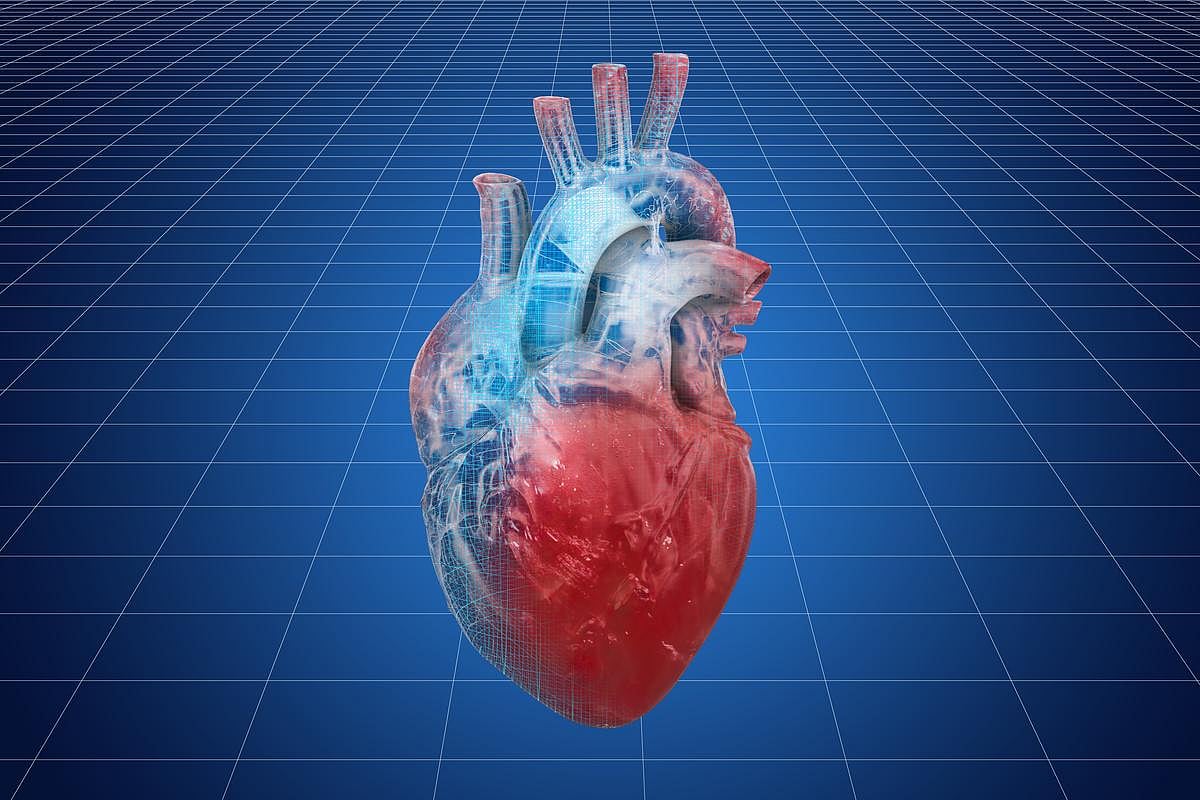Manténgase sano!

- Dennis Thompson
- Posted December 10, 2024
Gene Therapy Reverses Heart Failure in Pig Trials
Failing hearts nearly returned to full function in laboratory pigs after they received an experimental gene therapy.
New research shows the gene therapy didn’t just prevent heart failure from worsening in four lab pigs, but actually prompted hearts to repair and grow stronger.
“Even though the animals are still facing stress on the heart to induce heart failure, we saw recovery of heart function and that the heart also stabilizes or shrinks,” said co-senior researcher Dr. TingTing Hong, an associate professor of pharmacology and toxicology at the University of Utah.
“We call this reverse remodeling,” Hong added in a university news release. “It’s going back to what the normal heart should look like.”
The gene therapy focuses on a critical heart protein called cardiac bridging integrator 1 (cBIN1). Reduced levels of cBIN1 impair the heart muscle’s ability to contract.
Previous studies have shown that heart failure patients have lower levels of cBIN1, and that the lower a person’s levels are, the greater their risk for severe heart problems, researchers said.
“When cBIN1 is down, we know patients are not going to do well,” said co-senior researcher Dr. Robin Shaw, director of the Nora Eccles Harrison Cardiovascular Research and Training Institute at the University of Utah. “It doesn’t take a rocket scientist to say, ‘What happens when we give it back?’”
For the gene therapy, researchers placed an extra copy of the cBIN1 gene into a hollowed-out virus, then injected the virus into the four pigs. The virus moved through the bloodstream to the heart, delivering the gene to heart cells.
Pigs often are used in studies of diseases that affect human organs, because their organs are similar in shape and size to those of humans.
Usually, large animals with the level of heart failure that the pigs had would die within a few months, researchers noted.
But all four pigs survived the full six-month period of the study.
What’s more, some key measures of heart function improved, suggesting that the treatment prompted the damaged heart to repair itself.
The gene-treated hearts’ ability to pump blood increased over time, never reaching fully healthy levels but becoming closer to normal, researchers said.
Previous heart failure treatments have improved heart function by 5% to 10%. This gene therapy caused a 30% improvement.
The hearts also regained much of the physical appearance of a healthy heart, researchers noted.
The new study was published Dec. 10 in the journal npj Regenerative Medicine.
This reversal of existing damage is highly unusual in heart failure, Shaw said.
“In the history of heart failure research, we have not seen efficacy like this,” Shaw said. “It’s night and day.”
The gene therapy also appeared to improve heart function on a genetic level, causing heart cells and proteins to become better organized.
The research team is working with pharma company TikkunLev Therapeutics to prepare the gene therapy for use in humans. They intend to apply for FDA approval of a clinical trial by the fall of 2025.
“When you see large animal data that's really close to human physiology, it makes you think,” Hong said. “This human disease, which affects more than six million Americans -- maybe this is something we can cure.”
More information
The American Heart Association has more about heart failure.
SOURCE: University of Utah, news release, Dec. 10, 2024





